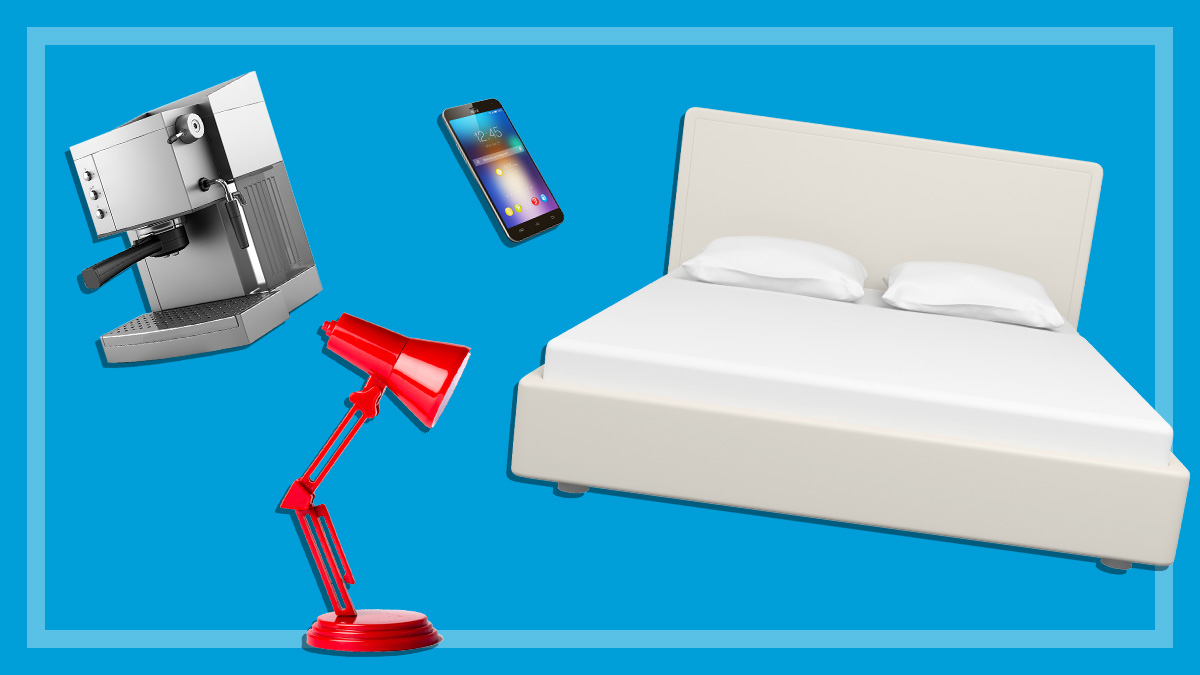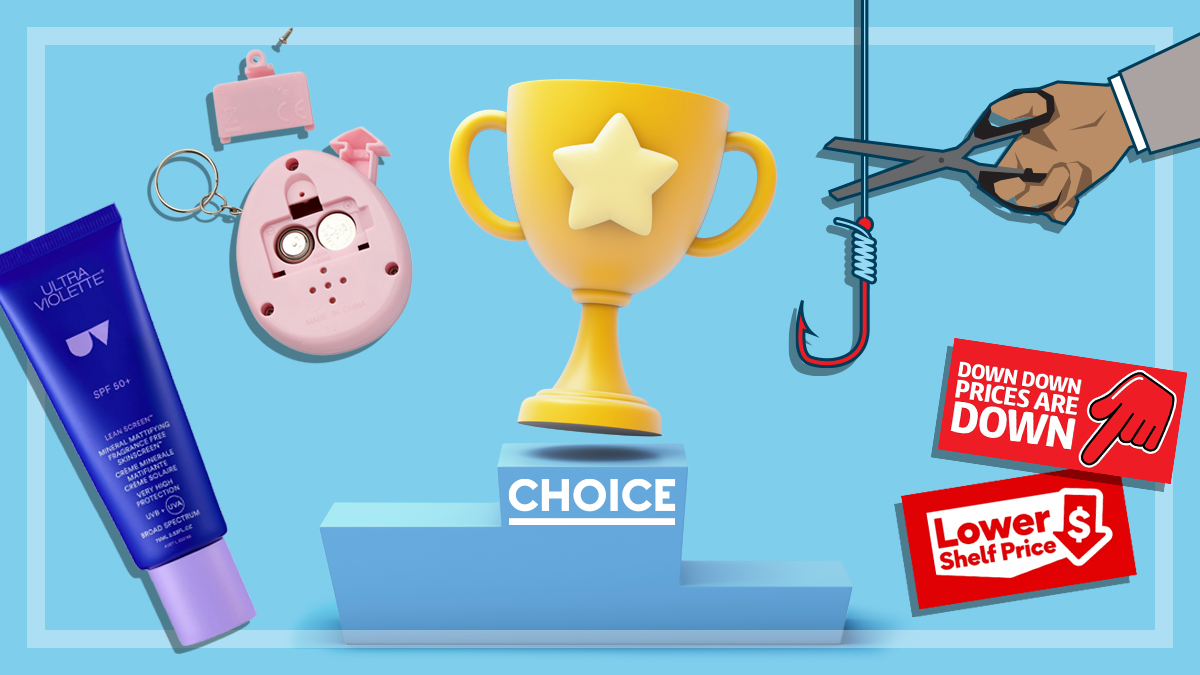Get our independent lab tests, expert reviews and honest advice.
Do you need an extended warranty?

Businesses sometimes try to sell you an extended warranty, claiming they’ll give you extra protection or peace of mind. So are they worth buying? In most cases, probably not.
On this page:
- Your purchase is already protected under Australian law
- What to ask before buying an extended warranty
- Retailer tactics to be wary of
Your purchase is already protected under Australian law
These days most appliances and other larger purchases come with a warranty from the retailer or manufacturer that details how they will help you if your product fails within a certain period after purchase, usually 12 or 24 months.
Some retailers also sell extended warranties where you pay extra for longer cover.
If you’re considering buying an extended warranty, you need to keep in mind that purchases in Australia are automatically covered by consumer guarantees. These are detailed in the Australian Consumer Law (ACL) and entitle you to a repair, replacement or refund if you end up with a faulty product.
If you’re considering buying an extended warranty, you need to keep in mind that purchases in Australia are automatically covered by consumer guarantees
Unlike time-limited manufacturer’s warranties, consumer guarantees last for a “reasonable time” after purchase. A “reasonable time” depends on the type of product, how much you paid, and how long a regular customer would expect that item to last. For example, the ACCC (Australian Competition and Consumer Commission) suggests that you could expect an expensive TV to last more than two years.
Whether you’re entitled to a repair or refund depends on the seriousness of the problem.
- If you have a minor problem – something that can be quickly and easily fixed – the retailer can decide to repair or replace your product.
- If you have a major problem – the product is unsafe, doesn’t do what it should, or has a fault that would have prevented you from buying the goods if you’d known about it – then you’re entitled to your money back.
Read more about your consumer guarantees and how to use them.
What to ask before buying an extended warranty
The main question to ask when considering paying for an extended warranty is whether it’s going to give you more cover than what you’re freely entitled to under the ACL’s consumer guarantees. You should also ask:
How much will it cost?
Compare the cost of the extended warranty with the price of buying a replacement product yourself. If you bought a $20 rice cooker and the extended warranty costs $20, then you’re better off bypassing the extended warranty.
Will I have to pay extra?
Look out for any fees that may apply if you make a claim, such as call out fees for repairers, removal/reinstallation costs for built-in appliances, or an excess – this can sometimes be the case for extended warranty plans for cars.
Are there any limits on claims?
Some plans exclude certain faults for certain products such as faults with accessories, or “burn in” on TV screens. Other plans may exclude labour costs, or removal/reinstallation fees for built-in appliances.
Some product replacement plans only cover you for a one-off replacement, meaning that if you have your item replaced due to a fault, the new product won’t be covered. However, don’t forget that you still may be able to claim a remedy under the consumer guarantees.
Who is providing the extended warranty?
In some cases, the extended warranty is actually provided by a third party, rather than the manufacturer or the retailer who’s selling it. Regardless, the cover provided by an extended warranty can differ from that of the standard warranty – even more reason to read the fine print carefully.
When does the extended warranty start?
Most extended warranty plans only kick in once the manufacturer’s warranty ends. This is important to know because the remedies offered by the manufacturer’s warranty and the extended warranty may differ significantly.
For example, an extended warranty may entitle you to a replacement or refund if your product experiences a minor problem (whereas under the ACL, the manufacturer would be entitled to offer you a repair instead).
But if your product develops a minor fault within the first year (when it’s still covered by the manufacturer’s warranty), the remedy offered will be what is outlined in the manufacturer’s warranty, which may be less generous than what is offered by the extended warranty.
Retailer tactics to be wary of
Retailers should not:
- use excessive pressure in trying to convince you to buy an extended warranty
- mislead you by asking you to pay for the same rights you already have under the consumer guarantees.
If you feel like you’re being pressured into buying an extended warranty, or the retailer misrepresents your rights by telling you that you need one, you can report the incident to the ACCC. The regulator can take action against businesses that mislead or deceive you about your rights.





